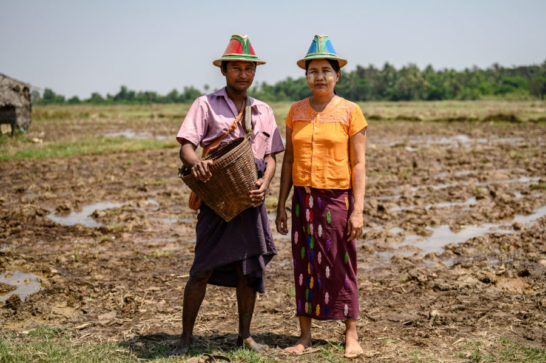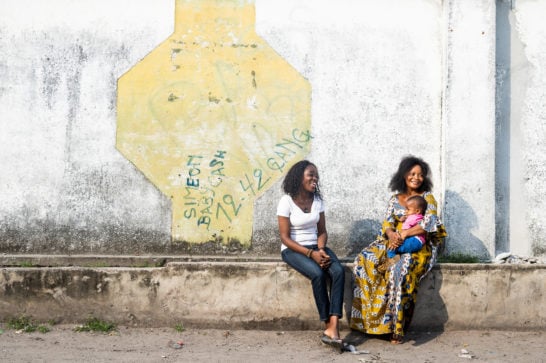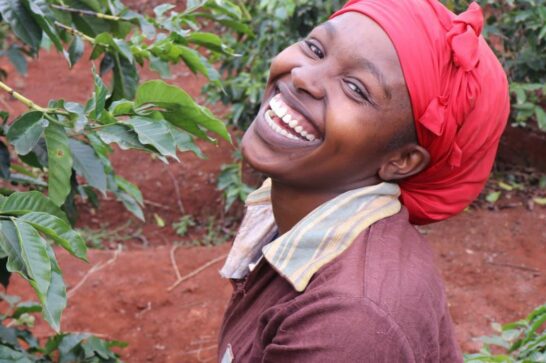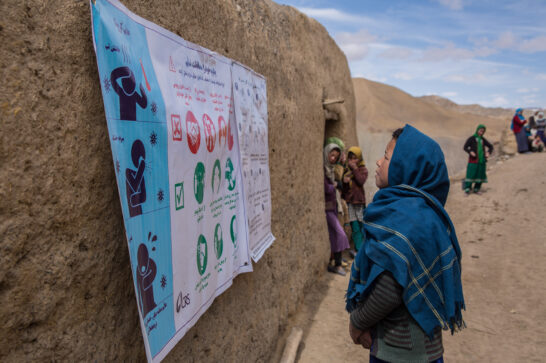Cordaid became active in Myanmar in 2008, in the aftermath of Cyclone Nargis. We provided emergency aid and helped to create sustainable livelihoods.
We are in the process of phasing out our activities in Myanmar. The current programmes will be completed by the end of 2023.




